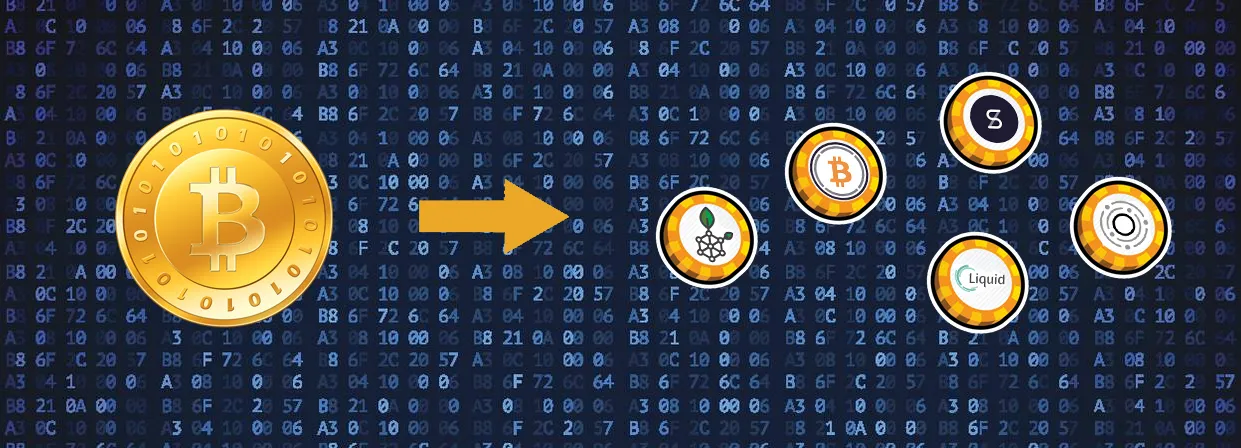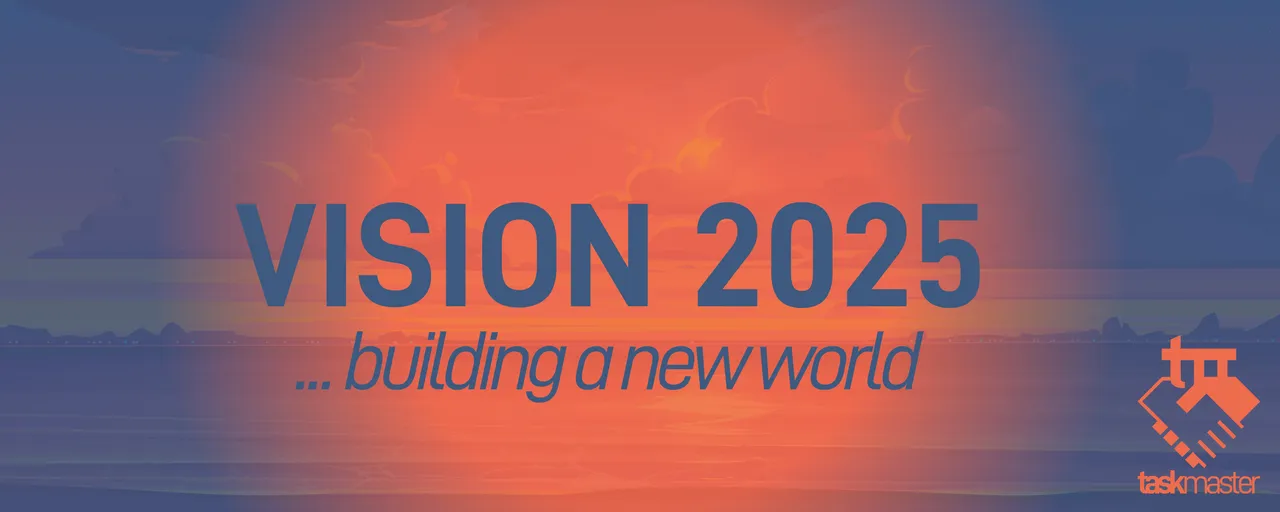Sometimes it takes a while for major changes to become noticeable. Things tend to start slowly before building. As more people join in, we see things are more evident. At some point, it becomes to hard to ignore.
Tokenization is a concept that those in the cryptocurrency world are very familiar with. However, most of the planet does not understand this idea. To them, the revolution that is taking place is completely unknown.
That does not mean, however, that it is not happening. Because it is. And some major players are starting to be very aware of the benefits of it.
While we often discuss individual sovereignty, the reality is governments have an interest in tokenization also. Not all governments are equal. Thus, many have an incentive to embrace this technology and run with it.

Source
Tokenization is a great equalizer. This is a point that many overlook. We have to keep in mind that removing the friction from a system while also cutting off the rent seekers opens up enormous sums of money for productive purposes.
These are the types of ideas that are starting to penetrate the consciousness of those who are looking at this industry. The benefits are becoming evident to anyone who paying attention.
Of late, NFTs grabbed the headlines. We now have celebrities such as Paris Hilton going all in on them. Certainly, there still remains much to work out but the foundation (concept) of NFTs is sound. Innovation will change out that sector looks over the next couple years, finding use cases that simply cannot be ignored.
Essentially, we are moving towards the token economy. Whether one is ready for it or not is a matter of personal debate. However, there is no doubt that it is coming. NFTs are not only going to be applicable to art but also a host of other asset classes such as real estate.
The reason why this is the case is because of digitization. This is a process that started some time ago yet is accelerating. We are not going back to an analog, physical world. Instead, more of the real world is going digital. Each new innovation leads us further down this path.
What this means is that countries that are quick to embrace what is taking place will be able to get a clear lead over the others. Tokenization is a thing simply because it is unavoidable. The present methods in our global system were constructed when we operated in a physical world. This is no longer the case.
How much of an impact can this be?
Let us take the UAE. At a WEF conference, their tokenization place was discussed.
Minister Al Marri spoke first about how the UAE intends to utilize tokenization to finance its ambitious growth plans. He said the country hopes to double its GDP in the next ten years. To do this, the country would need to grow by 6-7% annually.
Keep in mind that the former President of the United States was pounding his chest when the growth rate of the U.S. economy hit 3%. The UAE believes it can more than double that with tokenization.
This can be done because, quite frankly, the minister gets it.
“In our digital age, tokenization compliments the information-based technology as a decentralized way of capital allocation.”
This should sound familiar to regular readers of this blog. The transition from physical to digital (and eventually to virtual) requires tokenization. It is the pathway of ownership, thus providing a more diverse allocation of capital.
Tokenization is the funding of new ideas. Certainly, we can take existing assets and fractionalize the ownership. This is fairly evident. However, the real power comes from innovation. Here we see the ability to rapidly tokenize an idea, one that can be a major breakthrough for humanity. This goes against the heavily regulated system that we presently see.
Of course, this is where those countries that take a different approach will gain. The ones that operate with a heavy hand, trying to maintain control like in the past, will end up falling further behind. We already see this with developed countries.
The cryptocurrency market cap is already near the $2 trillion mark. What happens when this number is $20 trillion and much of that capital is looking for a home? Do you think people will gravitate towards those countries which make it difficult to invest said monies? Or will they perhaps drift to those places that are welcoming?
My view is the later will prevail.
Those involved in cryptocurrency already are realizing this. To do a test, simply answer this question: how much has your net worth increased due to cryptocurrency?
Anyone who is in it longer than a year will certainly have seen growth in this area. The system is such that it is impossible not to keep growing one's stake if he or she is active. Not only are there ways to get rewarded in cryptocurrency, those tokens can be put to work through various staking platforms. DeFi is opening up an entirely new realm to people.
Tokenization is about capturing value regardless of what the asset is. It can be a building, cash flow, a video, or data. Then it provides the necessary liquidity for it to be traded, removing the premium that comes with non-liquid assets. In turn, this provides for more accurate analysis generating greater market stability.
In short, fractional ownership creates a more resilient system.
All of this is going to end up changing the world. We are still in the early stages. Nevertheless, we see the foundation be laid upon which a lot of other innovation will take place.
Many use the analogy to the Internet. There is no doubt that technology completely revolutionized humanity. That said, the shift towards tokenization is similar to that move but on steroids.
We will see 100 times the impact as we saw with the Internet.
That is how powerful this is.
If you found this article informative, please give an upvote and rehive.

gif by @doze

logo by @st8z
